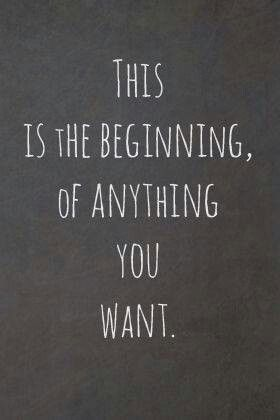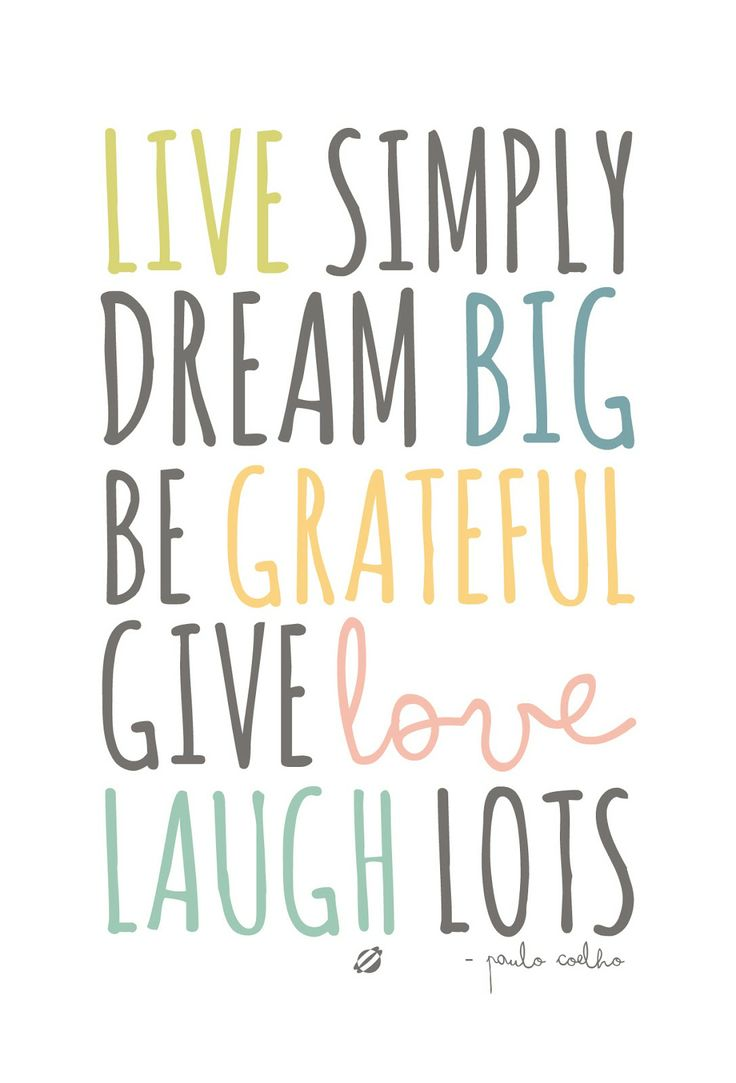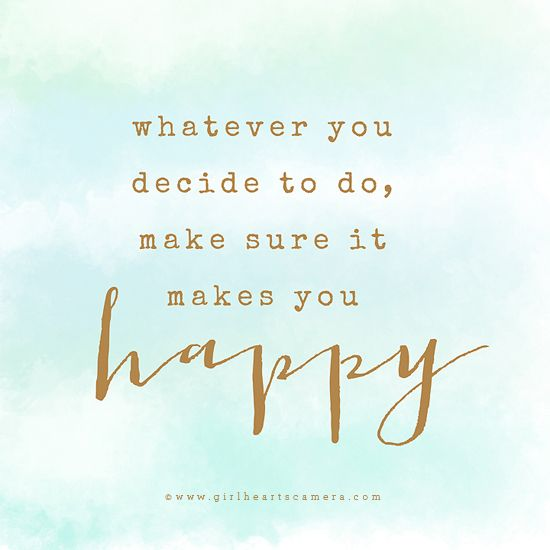RINGING IN RESOLUTIONS FOR THE NEW YEAR


Holidays are a time to be thankful for what you have and giving to others – but they are also a time of abundant food-oriented activities spent with friends and family. This time can be anxiety-provoking, triggering and distressing for someone recovering from an eating disorder. As the holidays come to a close, we are faced with the upcoming New Year. In our culture, New Years is idealized as a time for major change and reinvention. Every year, many of us make New Year’s resolutions – these resolutions invite us to think about our selves and how we’d like to be. Although this can be a time of healthy reflection - for some, it can also be a time when disordered thinking emerges. A time that triggers uncontrollable urges to make rigorous rules regarding eating, dieting and exercising. New Years resolutions can stir strict, critical and perfectionist thoughts and lure some off the track of recovery.
But New Years can also be a time to turn resolution-making into supporting your recovery. Resolutions can be a chance to renew your commitment to recovery – a commitment to embrace yourself, change, and forgiveness. Helpful resolutions can be those that support your personal, emotional and social development and overall well-being. Supportive resolutions are not about food, appearance or exercise. Supportive resolutions are about developing yourself and nourishing your mind, heart and body. Some examples of supportive resolutions can include the following:
This year, I resolve to:
• Learn a new skill.
• Give myself at least one happy experience each day, no matter how simple.
• Accept my body shape, size and weight – whatever it may be.
• Read a new novel once a month.
• Find a new hobby and take part in it at least once a month.
• Develop positive self-talk.
• Redecorate a room.
• Learn to listen to my body’s cues and signals.
• Make a new tradition with friends or family.
Resolutions are often doomed to fail because they rely on wishful thinking without a specific action plan for actually achieving a goal. For example, a common but unrealistic recovery goal may be “I will be cured of my eating disorder”. Instead of this broad overarching goal, it’s important to set small and achievable goals with coping plans and strategies for when you experience set-backs. A helpful resolution-setting exercise involves 4 main steps:
1) Write down specifically where you’d like to be a year from now
Example. “I’d like to be eating normally without major relapses and focus on other parts of my life, like learning to paint.”
2) Create specific goals to support your resolution
Example “Eat 3 meals per day, set aside an amount of time each week to paint.”
3) Decide first steps to achieve your specific goals
Example. “Develop meal plans that fit my needs” and “Enroll in painting class”
4) After each month, monitor your progress and re-assess your goals as necessary. Remember that changes and set-backs are a normal part of the goal-making process.
Lastly and most importantly, resolutions and goals can be set any day of the year. Although the end of each year can cause us to become introspective and reflective of what we’d like to achieve, change and reinvention are possible and highly encouraged any day of the year.
Whatever path and resolutions you chose, happiest and healthiest New Year 2015!


Eva Pila is a PhD student in health and exercise psychology at the University of Toronto. Her research focuses on examining the influence of body- and weight-related self-conscious emotions on health outcomes and behaviours such as exercise and diet. Eva is an outreach and education voluteer at NEDIC and she will be a guest speaker at NEDIC’s fourth biennial Body-Image and Self-Esteem Conference.



